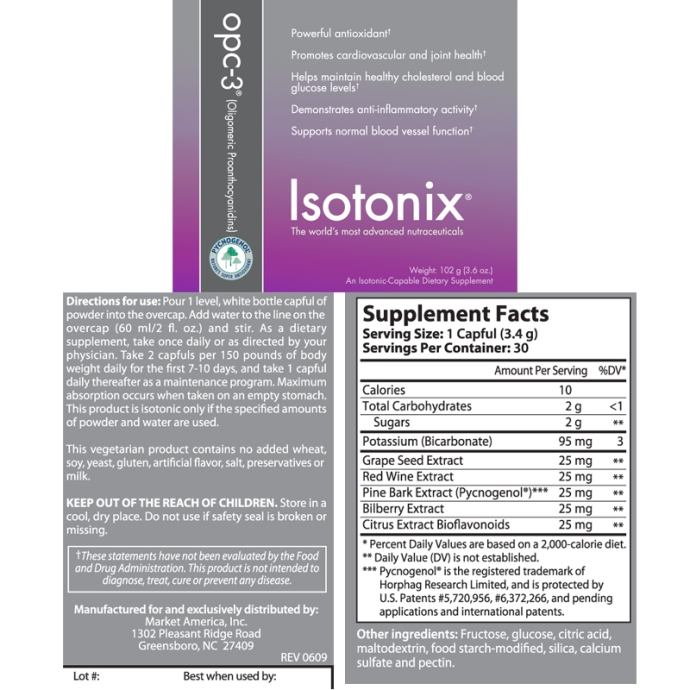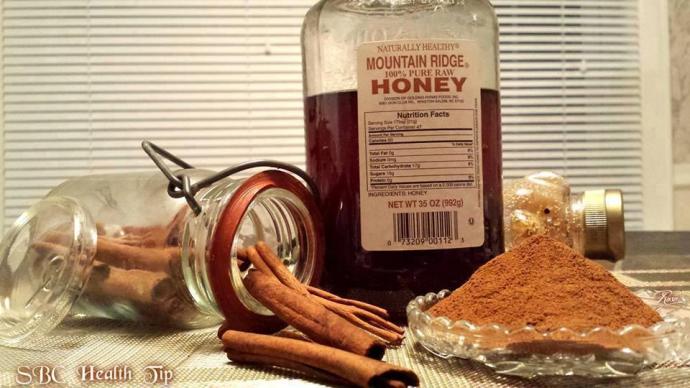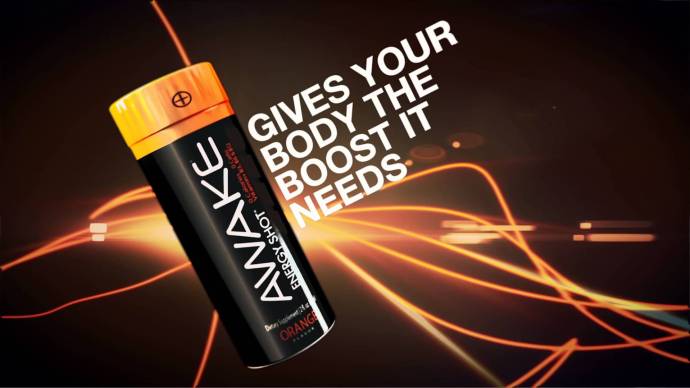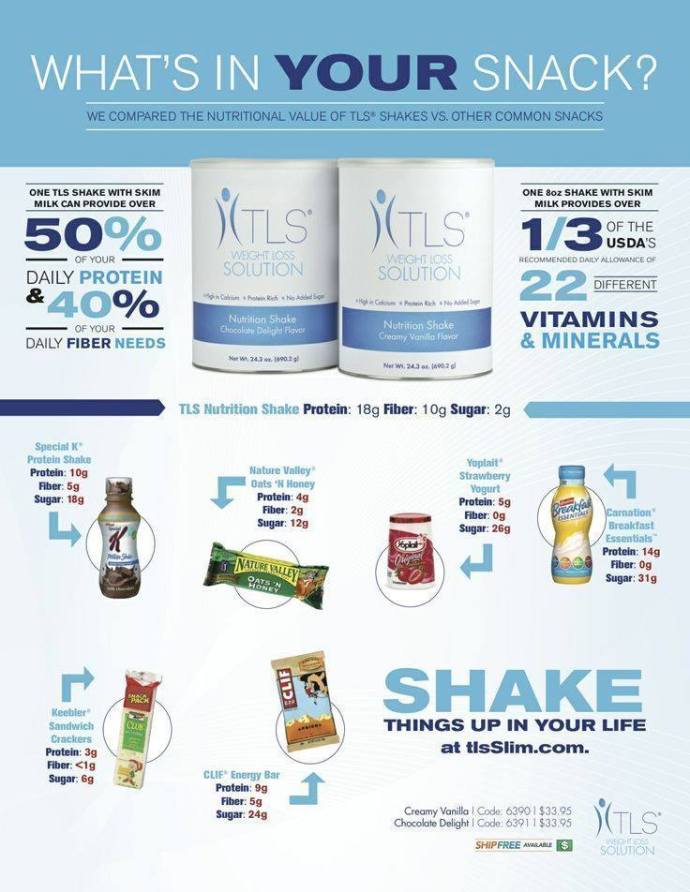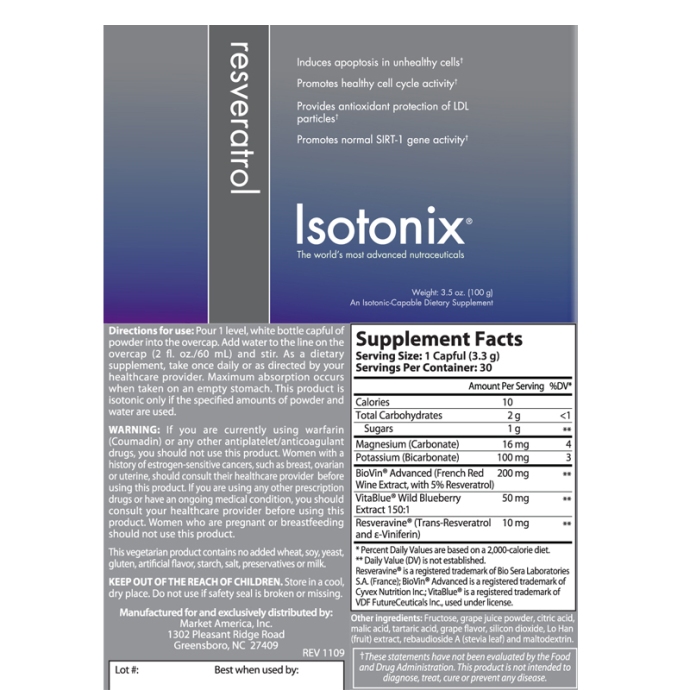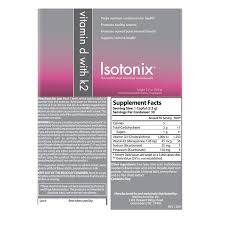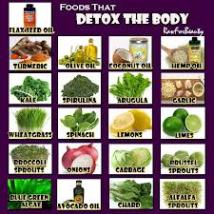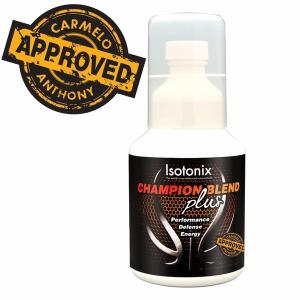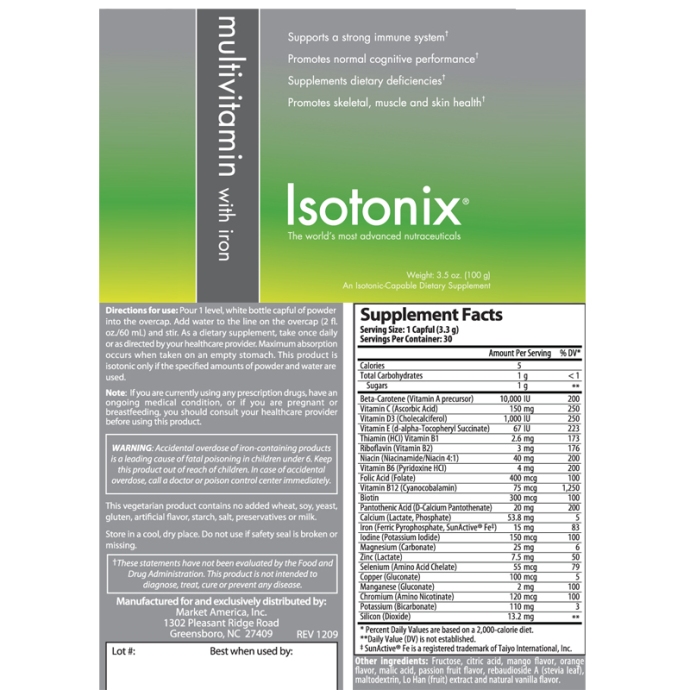Posted on February 17, 2014 by Dr. Mark Lange
It’s slim picking in the fresh fruit aisle this time of year. It may appear well-stocked, but many of the berries you see on supermarket shelves are imported from other continents and are sad, tasteless forms of their summertime selves.
While citrus fruits and bananas are great alternatives in the winter, they lack the health benefits of deep-colored berries. Those red, blue and purple pigments have health benefits because they contain anthocyanins – natural antioxidants that maintain proper eye function, limit cellular oxidative DNA damage and decrease platelet aggregation.
Berries for your Health in WinterThere is accumulating evidence that much of the health-promoting potential of berries comes from these phytochemicals, bioactive compounds not designated as traditional nutrients. There is much evidence that dietary consumption of anthocyanin pigments and polyphenolics have preventative and therapeutic roles in a number of human diseases. A number of studies show an inverse relationship between intake of flavonoids in the diet and mortality from coronary heart disease. The anthocyanin pigments of bilberry have long been used from improving visual acuity and treating circulatory disorders.
Women who eat about two servings of strawberries or one serving of blueberries a week experienced less mental decline over time than women who did not, according to research published in the Annals of Neurology. The positive effect is attributed to the anthocyanidins, compounds known to cross the blood-brain barrier and locate in the learning and memory centers of the brain.
Eating berries twice a week reduces the chance of developing Parkinson’s disease by 25 percent, according to research published in the journal Neurology. The same research showed that men with the highest intake of flavonoids reduced their risk by 40 percent.
Dietitians and physicians now recognize that a diet high in fresh vegetables and fruit helps to keep blood pressure within normal ranges. Berries also help fight systemic inflammation, a risk factor associated with heart attack and stroke. Results published in Nutrition, Metabolism and Cardiovascular Diseases showed a 22 percent reduction in C-reactive protein with anthocyanin supplementation.
During the winter months when berries and other fruits high in anthocyanin content are unavailable, like cherries and plums, supplementation can be an excellent source of the beneficial components found fresh fruit. In particular, look for dietary supplements containing concentrated extracts of bilberry, grape, acai, pomegranate, black current and elderberry.
Of course, a supplement will not replace the nutritional value of whole berries, but adding anthocyanin-containing supplements to your daily regiment may offer complementary health benefits year-round.
This entry was posted in Anti-Aging, Cognitive Health, Digestive Health, Heart Health, Immune Health, Isotonix, Research & Studies and tagged anthocyanin, berries, blueberries, healthy berries, strawberries, winter. Bookmark the permalink. Isotonix OPC-3®
What Makes Isotonix OPC-3® Unique?
Isotonix OPC-3® is an isotonic-capable food supplement that is made from a combination of bilberry, grape seed, red wine and pine bark extracts, and citrus extract bioflavonoids, all found to be powerful antioxidants. Oligomeric proanthocyanidins (OPCs) are bioflavonoids (complex organic plant compounds) found in fruits, vegetables and certain tree barks that provide exceptional nutritional benefits to the human body. Studies have shown OPCs to be up to 20 times more powerful than vitamin C and 50 times more powerful than vitamin E in neutralizing free radicals. Isotonix OPC-3 contains the only isotonic form of Pycnogenol® in the world. Pycnogenol is a natural plant extract from the bark of the French maritime pine tree and the most clinically researched and potent bioflavonoid.*
Isotonic, which means “same pressure,” bears the same chemical resemblance of the body’s blood, plasma and tears. All fluids in the body have a certain concentration, referred to as osmotic pressure. The body’s common osmotic pressure, which is isotonic, allows a consistent maintenance of body tissues. In order for a substance to be absorbed and used in the body’s metabolism, it must be transported in an isotonic state.
Isotonix® dietary supplements are delivered in an isotonic solution. This means that the body has less work to do to in obtaining maximum absorption. The isotonic state of the suspension allows nutrients to pass directly into the small intestine and be rapidly absorbed into the bloodstream. With Isotonix products, little nutritive value is lost, making the absorption of nutrients highly efficient while delivering maximum results.
